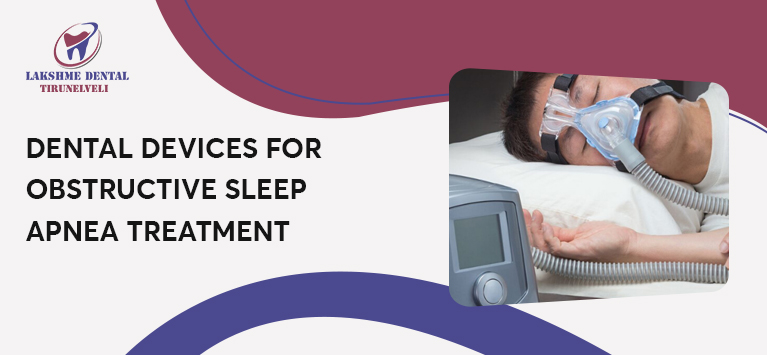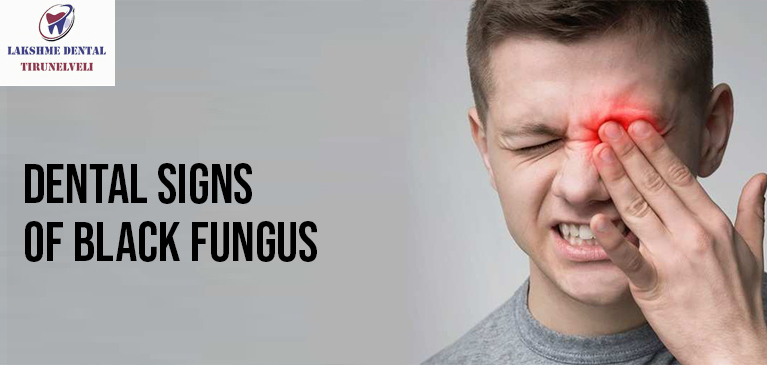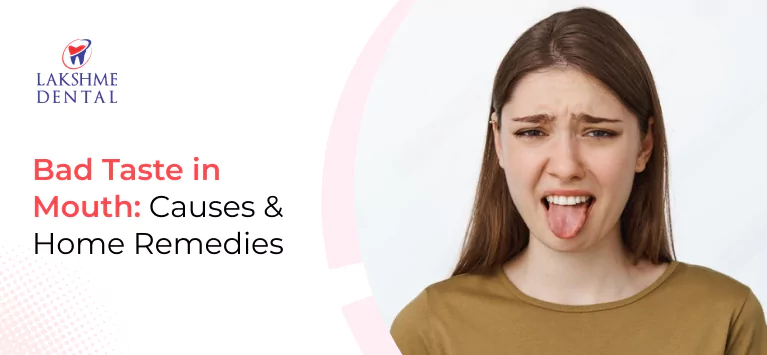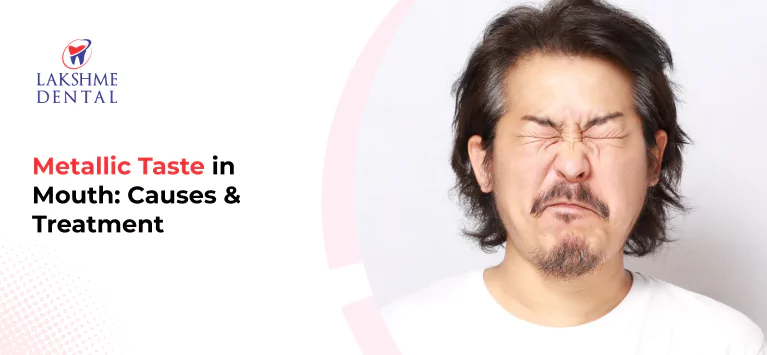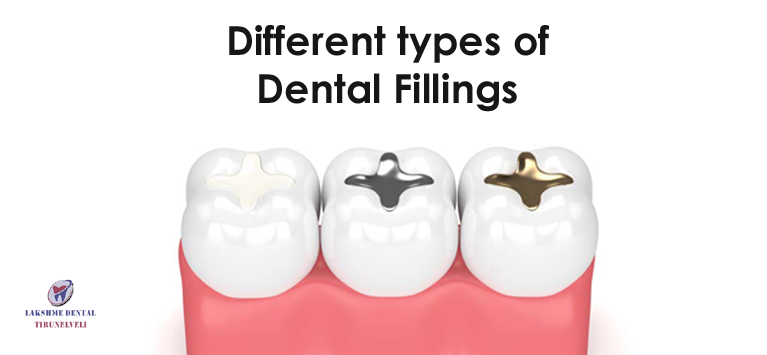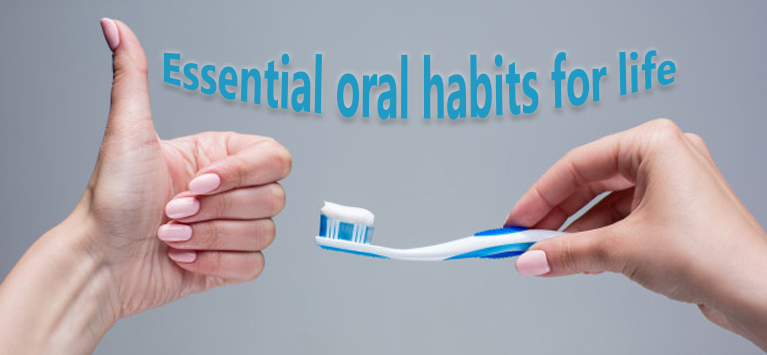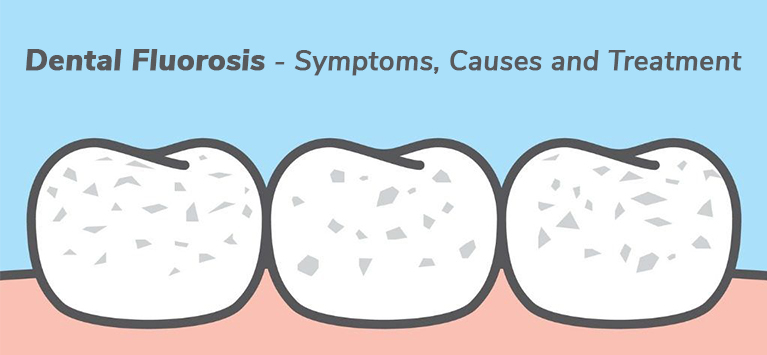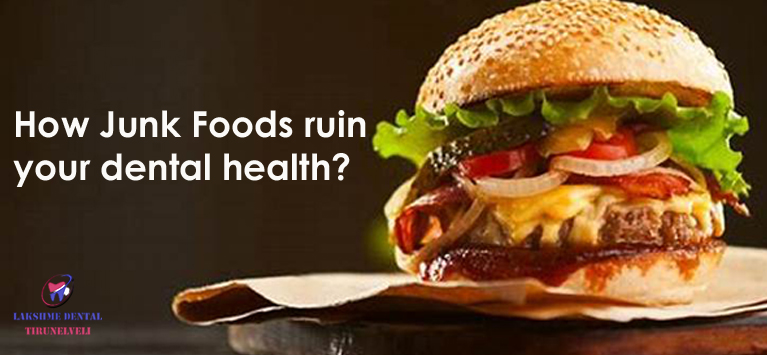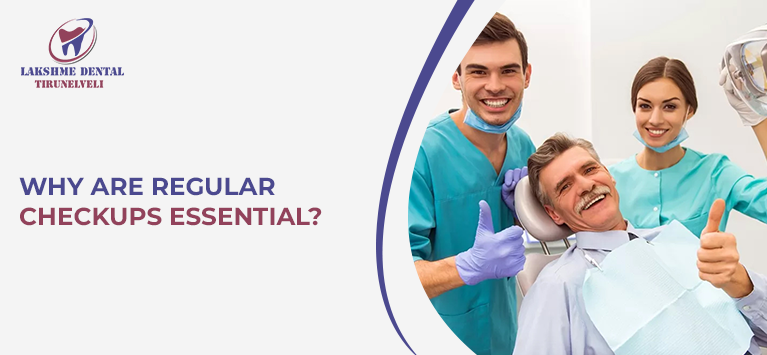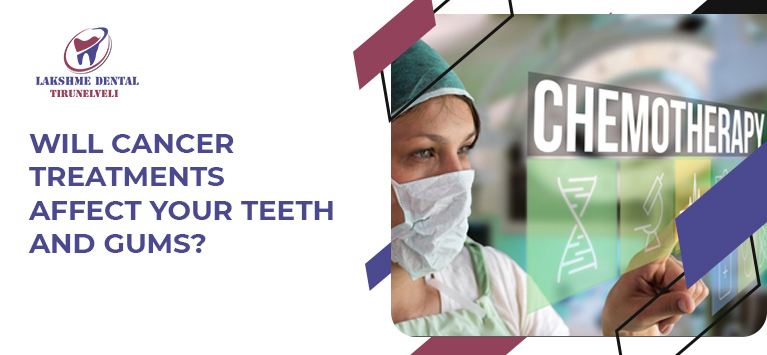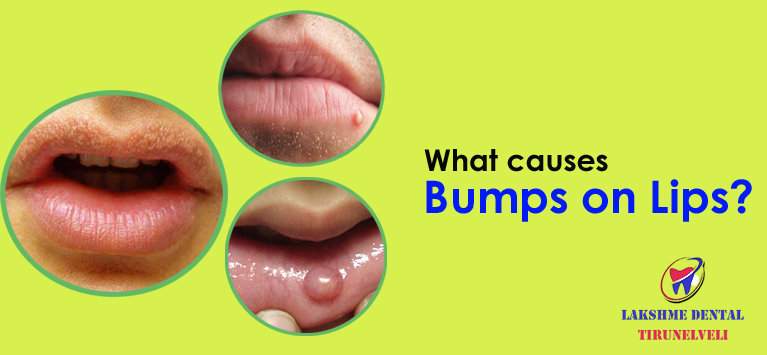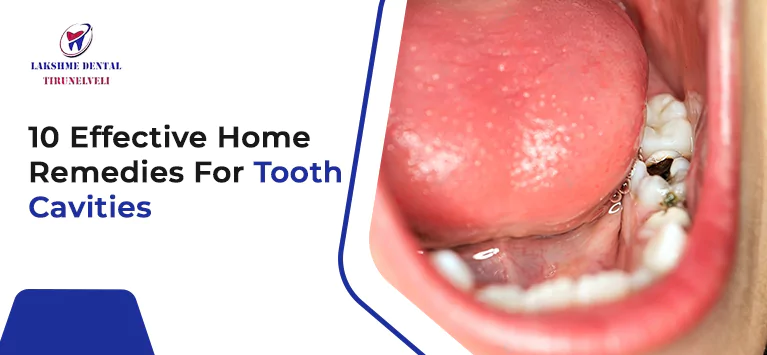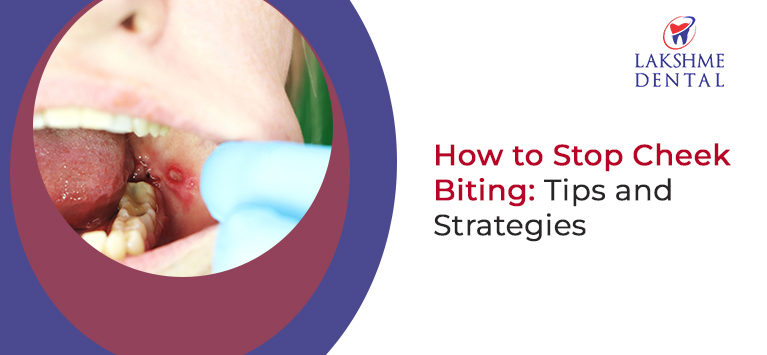
How to Stop Cheek Biting: Tips and Strategies
At some point, we’ve all experienced the stinging pain of accidentally biting our cheek. While it might not seem like a significant issue, consistently biting your inner cheek could be an indicator of a more profound problem. Cheek biting, also known as cheek chewing or morsicatio buccarum, is a common habit that can be both physically uncomfortable and emotionally distressing. This comprehensive guide will walk you through everything you need to know about how to stop cheek biting.
Understanding Cheek Biting
Before we delve into the methods of how to stop biting inside of cheek, it’s crucial to have a solid understanding of what this behavior entails.
What is Inner Cheek Biting?
Inner Cheek biting is a common habit that involves biting or chewing the inner lining of your mouth. While occasional accidental cheek bites are pretty normal, chronic cheek biting could be indicative of a more severe condition. Whether it’s due to stress, anxiety, or simply a nervous habit, cheek biting can lead to pain, sores, and even infection if not addressed.
Types of Cheek Biting
Cheek biting can be categorized into two types:
Accidental Cheek Biting: This occurs when you inadvertently bite your cheek while eating, talking, or chewing. It is usually a temporary and occasional occurrence that does not cause any lasting damage.
Chronic Cheek Biting: This refers to a persistent and repetitive habit of biting the inner lining of the cheek. It can be unconscious or intentional and is often a response to stress, anxiety, or boredom. Chronic cheek biting can lead to various complications and should be addressed to prevent further damage.
Complications of Cheek Biting
Chronic cheek biting can have several adverse effects on your oral health. Some of the complications include:
Ulcers and Sores: Frequent biting can lead to the formation of ulcers and sores on the inner lining of the cheek. These can be painful and take longer to heal if the habit persists.
Infections: Open wounds caused by chronic cheek biting can become susceptible to infections. Bacteria from your mouth can enter the broken skin, leading to inflammation and infection.
Scarring: Prolonged inner cheek bites can result in scarring and tissue damage, which may alter the texture and appearance of the affected area.
Dental Issues: The constant pressure and trauma caused by cheek biting can damage your teeth, leading to chips, fractures, or misalignment.
Emotional Impact: Chronic cheek biting can also have psychological effects, causing embarrassment, low self-esteem, and anxiety in social situations.
Inner Cheek Bite Treatment
If you are wondering how to heal a bitten cheek, follow the tips below.
Clean the Area: Rinse your mouth with warm salt water (1/2 teaspoon of salt in 8 ounces of warm water) to keep the area clean and prevent infection.
Cold Compress: Apply a cold compress or ice pack to the outside of your cheek to reduce swelling and numb the pain.
Avoid Irritants: Avoid spicy, salty, or acidic foods and drinks that can irritate the wound.
Soft Foods: Eat soft foods that are easy to chew and won’t aggravate the bitten area.
Over-the-Counter Pain Relief: Use over-the-counter pain relievers if needed.
Oral Antiseptic Gel: Apply an oral antiseptic gel or rinse with an antiseptic mouthwash to keep the wound clean and promote healing.
Avoid Chewing on the Affected Side: Try to chew on the opposite side of your mouth to prevent further irritation.
Stay Hydrated: Drink plenty of water to keep your mouth moist and promote healing.
Monitor for Signs of Infection: Watch for signs of infection such as increased pain, swelling, redness, or pus. If these occur, seek medical advice.
Consult a Dentist or Doctor if Needed: If the wound is deep, doesn’t heal within a week, or shows signs of infection, consult a healthcare professional.
How to Avoid Cheek Biting?
If you’re struggling with compulsive cheek biting and want to break the habit, here are some tips and strategies to help you stop.
Increase Awareness
One of the first steps is to identify what triggers the behavior. Is it stress, anxiety, boredom, or something else? By understanding the root cause, you can take steps to address it directly, such as practicing stress management techniques or finding alternative ways to cope.
Find Alternatives
Replace the habit of cheek biting with a more constructive behavior. For example, you could also try holding a small object, such as a stress ball or fidget toy, to keep your hands occupied.
Stress Management
Since stress and anxiety are common triggers for cheek biting, finding healthy ways to manage these emotions can help reduce the urge to bite. Consider practicing relaxation techniques such as deep breathing exercises, meditation, or engaging in activities that help you unwind.
Substitute Behavior
Replace the habit of cheek biting with a more constructive behavior. For example, chewing sugar-free gum or enjoying a mint can help redirect your focus and satisfy the need for oral stimulation.
Dental Intervention
If you find that your cheek biting habit is becoming challenging to manage, it’s advisable to seek advice from your dentist. They can suggest dental interventions, such as using a mouthguard or undergoing orthodontic treatment, to help prevent cheek biting.
Cognitive Behavioral Therapy (CBT)
If you think your this habit is rooted in psychological factors, seeking therapy, specifically CBT, can be beneficial. CBT helps identify and change negative thought patterns and behaviors associated with cheek biting.
Stress Reduction Techniques
Engage in activities that help reduce stress, such as exercise, yoga, or hobbies. Finding healthy outlets for stress can minimize the urge to engage in cheek biting.
Conclusion
Cheek biting can be a challenging habit to break, but with determination and the right strategies, it is possible to overcome it. By understanding the triggers, managing stress, and seeking professional help if needed, you can successfully stop cheek biting and protect your oral health. Remember, breaking the habit takes time and patience, so be kind to yourself throughout the process.

